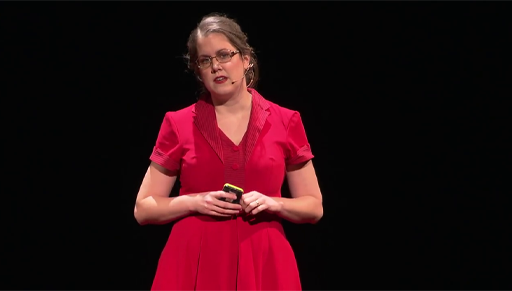3.2 Loneliness
Adolescents are driven to form friendship groups, from which they gain a sense of belonging and in which they can form their own sense of identity. Feeling ‘left out’ for any reason can lead to loneliness. Loneliness research is an important area for improving understanding of how to help young people who are experiencing loneliness. According to UK (England) statistics, about 10% of 16 to 24-year-olds report feeling lonely ‘often/always’ and 23% report feeling lonely ‘some of the time’, which is significantly greater than people in older age groups (ONS, 2018). Comparable figures are not available for those under 16.
Research carried out during the COVID pandemic indicates how many children and young people find social isolation exceptionally difficult and challenging to their mental health and may add to many worries they have about their own health and the health of their loved ones.
You can read more about the impact of the COVID pandemic here (remember to open these links in a new tab or window, so you can return to the course when you are finished):
- Teenagers’ mental health under severe pressure as pandemic continues - new research [Tip: hold Ctrl and click a link to open it in a new tab. (Hide tip)]
- Pandemic takes toll on young’s mental health, says report
- The impact of COVID-19 on linguists and their mental health
- Grief and COVID-19: Mourning what we know, who we miss and the way we say goodbye
- Five ways in which COVID-19 has impacted on progress in global health
- Coping in isolation: Time to Think
- How can Adult Carers get the best support during Covid-19 pandemic and beyond?
- How does COVID-19 affect cancer treatment?
Later in this course you will also have the opportunity to hear about young people’s experiences during lockdown and the impact of COVID on adolescent mental health.
Loneliness researcher Gerine Lodder has given a TED talk on adolescent loneliness. To get a sense of a young person’s experience of loneliness, work with the video in the next activity.
Activity 7: the experience of loneliness
Step 1: Watch Video 4 from the beginning to the 3.30 minute point. What are first the two misconceptions about loneliness Gerine Lodder describes?

Transcript: Video 5: What you don’t know about adolescent loneliness | Gerine Lodder | TEDxGroningen
Discussion
The two misconceptions are:
Loneliness is only a problem in older people
Loneliness is just a normal part of growing up
It is important to realise that feelings of loneliness are to some extent normal – as part of a normal range of emotions – yet chronic loneliness can be debilitating and problematic.
Step 2: Continue watching Video 4 to 4.32 minutes. Notice what Gerine Lodder says about the effects of loneliness on a young person’s health.
Discussion
Loneliness affects young people’s mental health, causing depression and lower self esteem. It can also affect physical health and wider success in society. We should pay attention to our children’s social health, because it has an impact on everything else.
Step 3: Continue watching Video 4 to the end. Write down the third misconception and the ‘real’ explanation:
Discussion
The third misconception is that young people are only lonely because they are on their phones all the time. The ‘real’ answer is that they are lonely because they have no access to peers, may lack the social skills, may feel captured inside their own heads, in the way they perceive their social world. Fortunately, encouraging young people to talk about their relationships can help.
Later in this course you will focus on the different strategies and approaches that can be used to support a young person who is experiencing mental health difficulties perhaps in relation to feelings of loneliness and bullying.
You have covered a lot of ground so far, thinking about the characteristics of adolescence. In the next section, you’ll consider the implications of all this in relation to how people might set the limits on what is ‘normal’.
